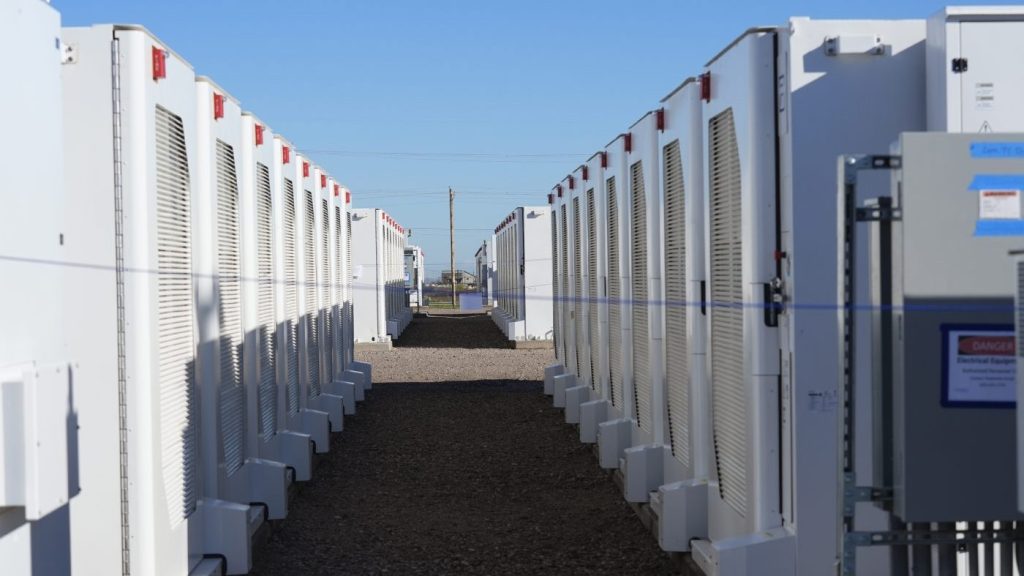The IEA predicts that a significant drop in battery costs will be the main factor in the switch from non-renewable to renewable energy in the future.
The IEA states that battery costs have decreased by over 90 percent in around ten years, and by 2030, the total storage costs might decrease by up to 40 percent.
While people often associate batteries with electronic devices, the IEA found that the energy industry makes up more than 90 percent of current battery demand. The IEA also noted that battery deployment in the energy sector more than doubled last year compared to 2022. The increased sales of electric cars have also driven up the demand for batteries, according to the IEA.
The IEA's report reflects the global aim of cutting greenhouse gas emissions to keep global warming below 1.5 degrees Celsius. In order to meet the 2030 goals set at the COP28 United Nations climate summit, the overall energy storage capacity must grow to six times the current levels.
The agency report projects that battery storage will account for about 90 percent of that growth, and the deployment of batteries itself must increase sevenfold by the end of the decade to meet the target.
Despite the expansion of battery manufacturing in recent years, the report identifies the concentration of manufacturing in only a few countries as a major obstacle to deployment. China, for example, is the main focus for the processing of critical minerals like lithium and cobalt, which are essential for battery production.
Republican lawmakers have repeatedly urged President Biden to eliminate regulatory barriers to U.S. mining of such materials. They have also criticized the Interior Department's decision to block a proposed industrial road through the Alaskan wilderness for copper mining.
IEA Executive Director Fatih Birol stated, "The electricity and transport sectors are two key pillars for bringing down emissions quickly enough to meet the targets agreed at COP28 and keep open the possibility of limiting global warming to 1.5 °C. Batteries will play a crucial role in scaling up renewables and electrifying transport, while providing secure and sustainable energy for businesses and households."









